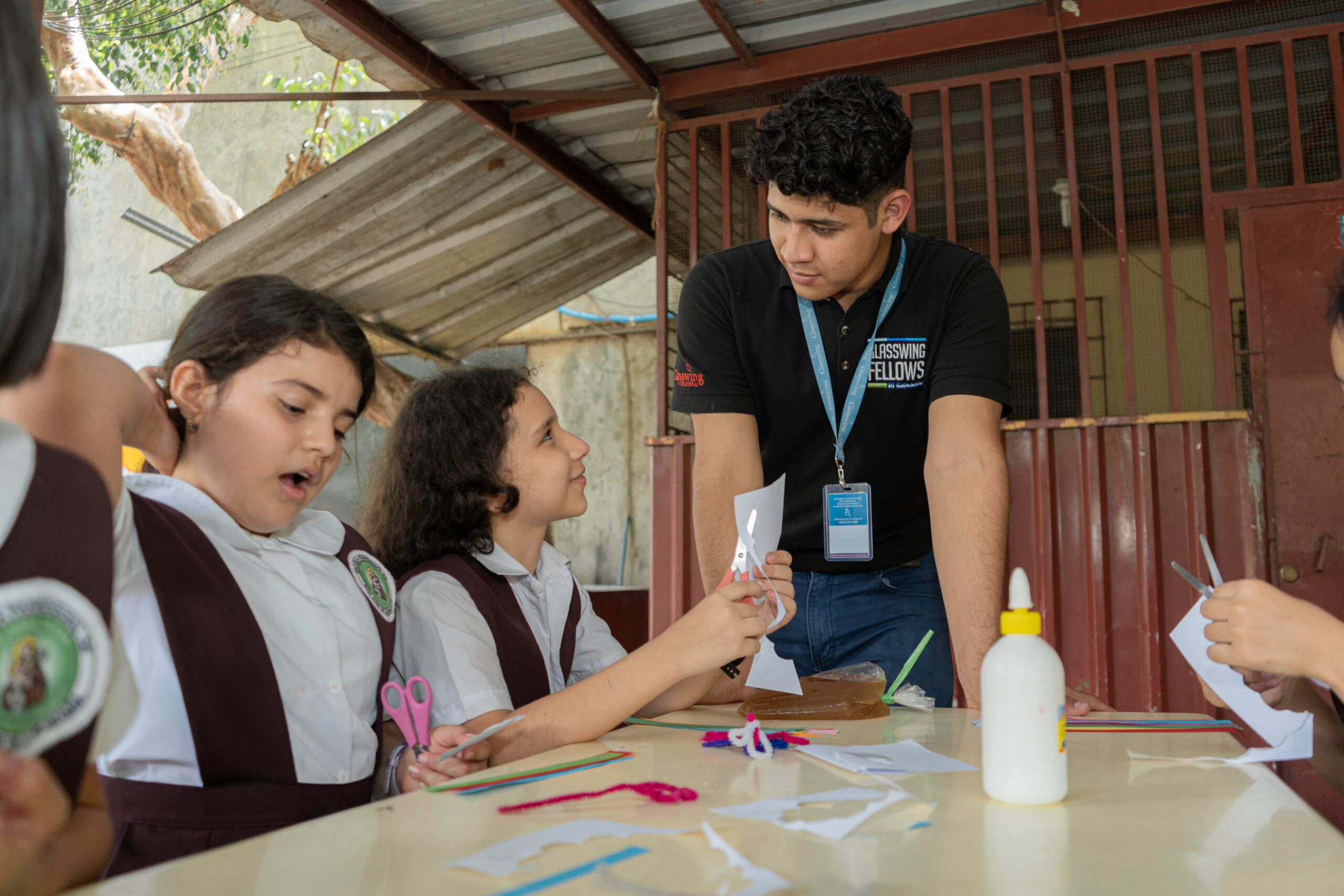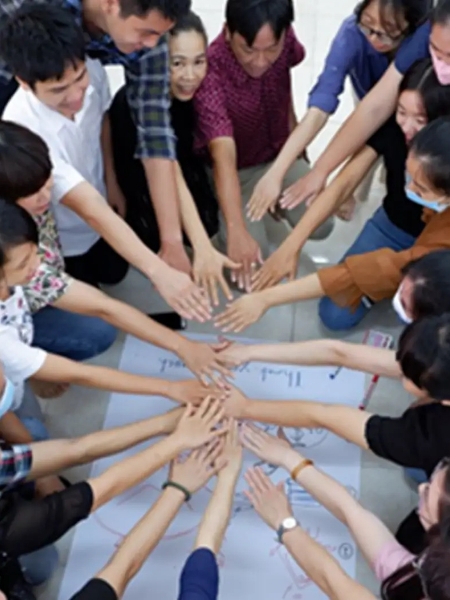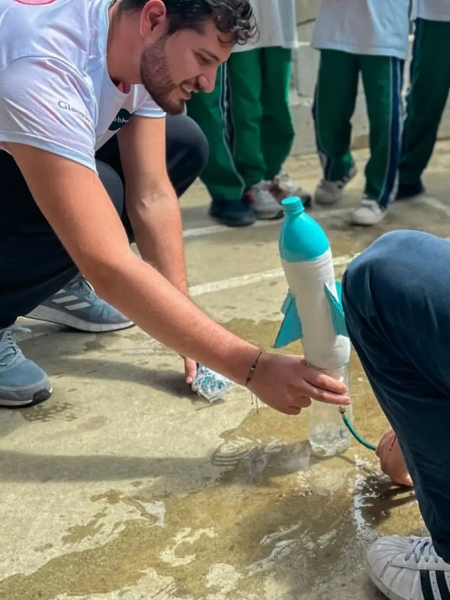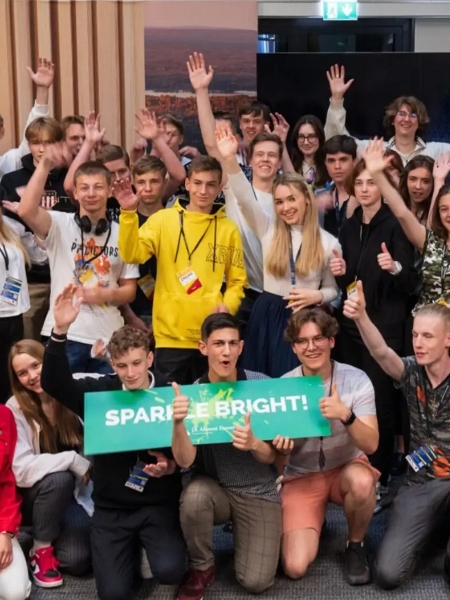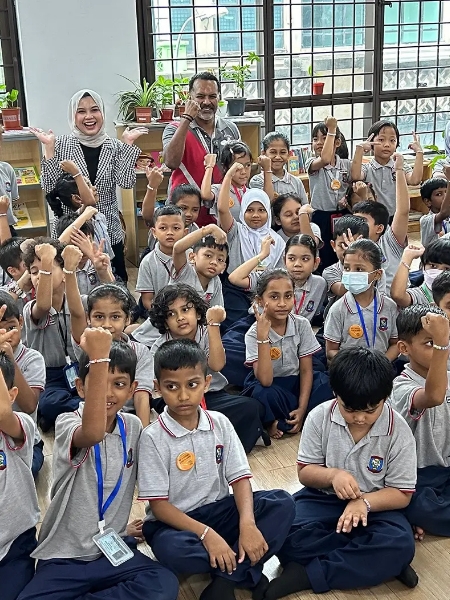Glasswing International
Think Human Fund
Mission & History
Glasswing International’s mission is to address the root causes and consequences of violence, inequality, and poverty through education and health programs. These programs empower youth and communities and strengthen public systems. Glasswing believes that everyone has the potential and the right to thrive, regardless of adversity. By using grassroots, evidence-based programming and forming cross-sector alliances, Glasswing creates opportunities for children and youth to become local changemakers. The organization’s flexible and localized approach allows it to respond to the needs of the communities it serves with varied and innovative initiatives. Glasswing engages all community actors and stakeholders to ensure sustainable change while fostering hope and community pride. With the support of thousands of volunteers, Glasswing provides children and youth with access to safe spaces, social and emotional skills development, and vocational opportunities to build resilience, promote civic participation, and rebuild social fabric from the ground up.
Since its inception in 2007 as a local organization in El Salvador, Glasswing has expanded its operations to 10 countries, directly impacting over 3 million lives in 16 years. Through constant innovation, learning, and partnerships, Glasswing aims to transform the most marginalized and stigmatized communities in Latin America. Where others see liabilities and risks, Glasswing sees remarkable human potential and works to provide the opportunities and support—referred to as “social scaffolding”—for children and youth to avoid violence and thrive. In 2020, Glasswing was awarded the Skoll Award for Social Entrepreneurship, and a short video was produced to illustrate its work and the context and challenges faced in the region.
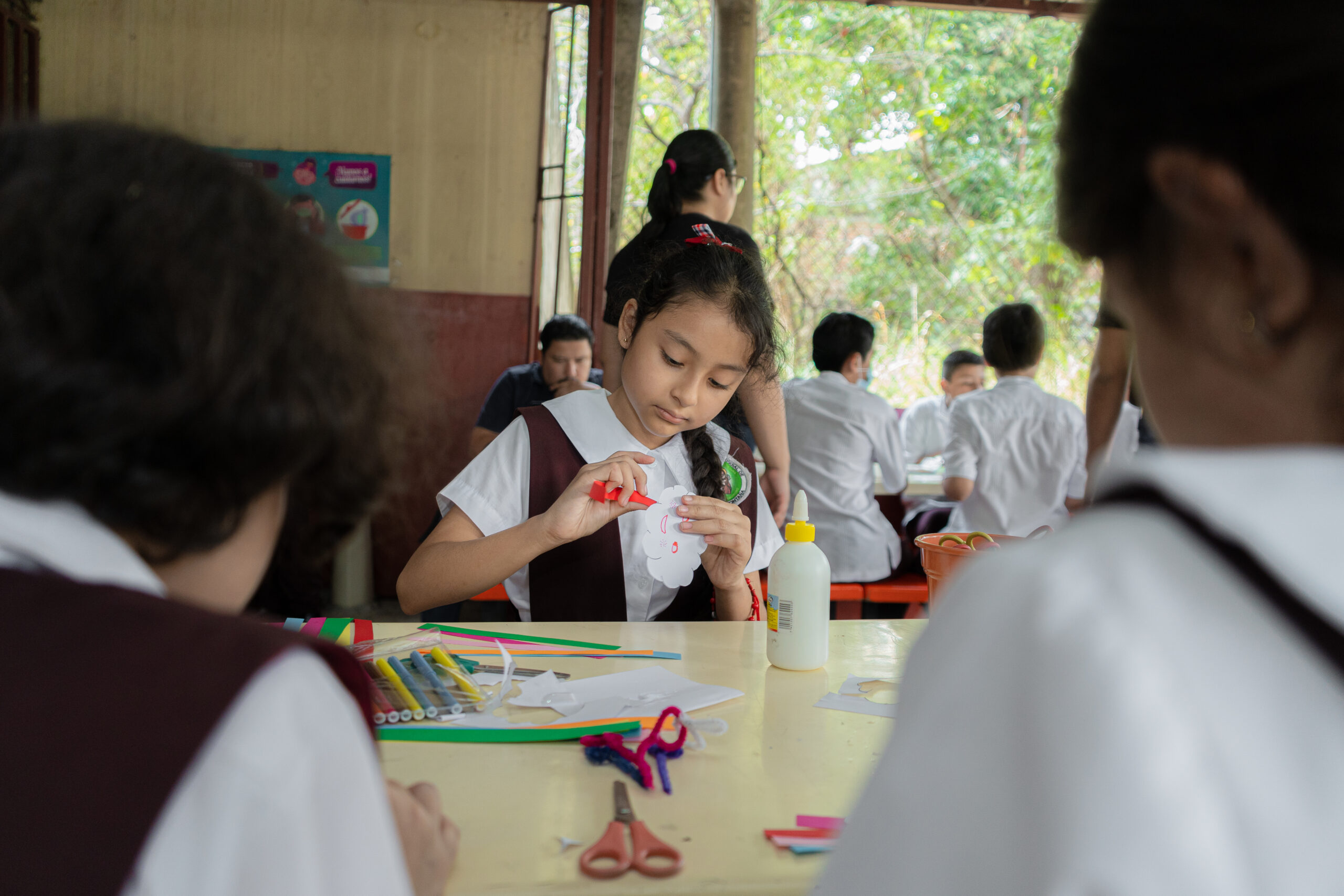
Country Information
According to the State of Global Learning Poverty report, Central America is facing a severe learning crisis, with 80% of students struggling with basic reading. The 2022 PISA results reveal that students in the region lag five years behind their peers in OECD countries in mathematics. Central America has the second-highest learning poverty rate in the world, surpassed only by sub-Saharan Africa. It is projected that school dropouts will increase by 15%, and the rate of learning poverty will rise from 53% to 63%.
In El Salvador, although primary education enrollment stands at 98%, 75% of rural children do not complete primary school. National testing results indicate poor performance, highlighting the urgent need for educational reform. Additionally, El Salvador’s high Gini index of 52.4% points to significant income inequality, adversely affecting access to education, healthcare, and other essential services.
The Need
The communities of Atonal, Miramonte, and San José experience significant economic disparities and social stigmatization. Despite being located in a prominent city area, the San José de la Montaña School operates within this context of economic inequality, posing ongoing challenges for its students.
The Project We Fund
Glasswing’s Community Schools program transforms public schools in high-risk areas into secure “centers of community,” enhancing students’ education and development by focusing on life skills, relationship-building, and academic performance. This initiative connects schools with families, communities, and local businesses to promote life skills, foster supportive relationships, and ensure academic success while reducing potential risks.
The program will create safe spaces for 90 students (ages 9-15) and involve 50 parents and caregivers through the following initiatives:
– Extracurricular Clubs: Offering activities in Art, Discovery, English, Sports, and academic reinforcement. Each club will accommodate up to 20 students and meet weekly for 1.5 hours, facilitated by trained volunteers.
– Community Cafés: Providing 50 parents and caregivers a platform to engage in discussions, build support networks, and strengthen family interactions.
Additionally, Glasswing will train school staff to replicate these successful methods and enhance existing extracurricular resources.
The Result
Glasswing’s Monitoring, Evaluation, Adaptation, and Learning (MEAL) Department ensures program quality by tracking activities, processes, and key indicators, allowing for real-time adjustments. The M&E team uses the Glasswing Data System to monitor participant registration, volunteer hours, and service continuity, and conducts random site visits to verify data accuracy. After each program, Glasswing administers surveys to students, parents, caregivers, and school staff to gather feedback on their perceptions. The impact of the program is assessed using the following metrics:
– Number of participants in each club
– Number of volunteers involved
– Attendance of parents and caregivers at Community Cafés

